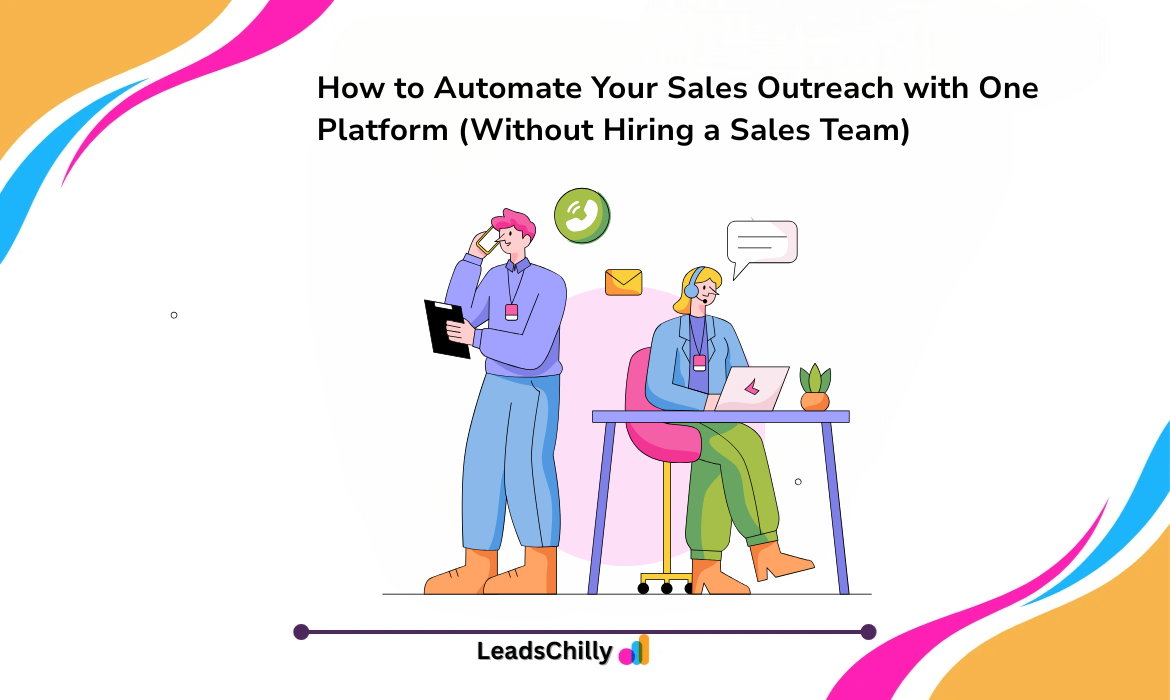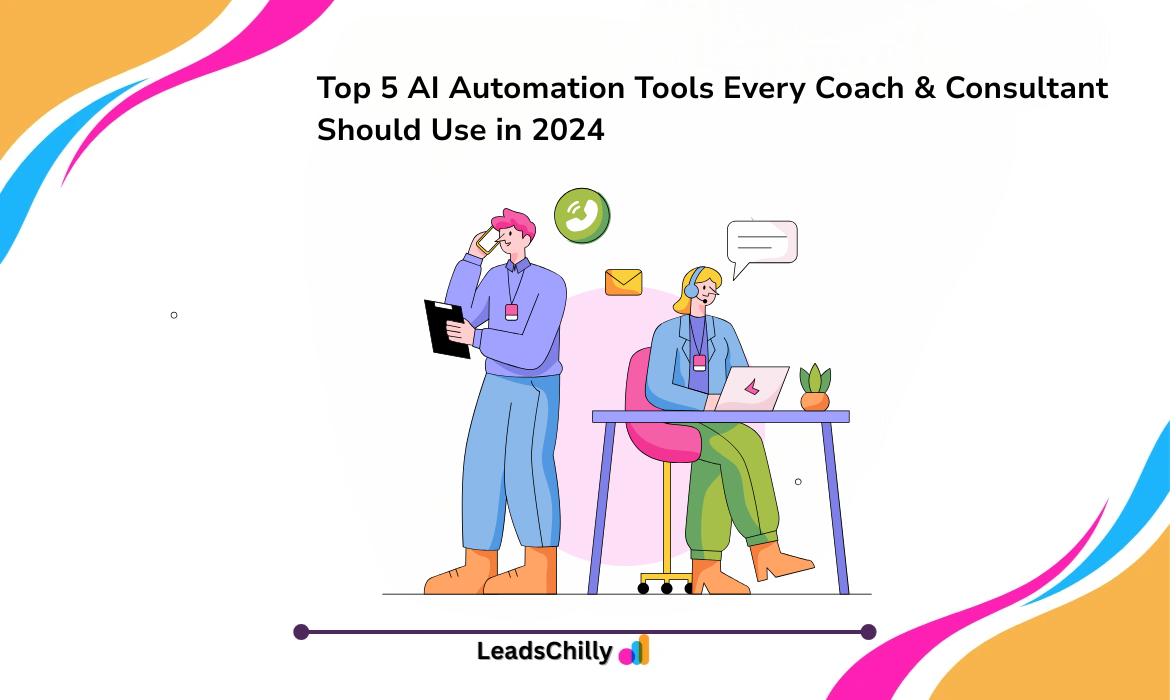In the age of big data, it’s no surprise that companies are collecting more information on customers and prospects than ever before with prospecting tool.
But what may be surprising is how few companies are compliant with data privacy laws when it comes to sales prospecting.
Data privacy laws vary by country, but they all have one thing in common: they protect individuals’ right to privacy. In the context of sales prospecting tool, this means that companies must obtain explicit consent from individuals before collecting, using, or sharing their personal data with tools.
Failing to comply with data privacy laws can lead to hefty fines, damage to reputation, and loss of business. In this blog post, we will explore what data privacy laws are and how they apply to sales prospecting. We will also offer some tips on how to ensure compliance.

What is data privacy?
Data privacy is a legal concept that refers to the right of individuals to have control over their personal data. This includes the right to know what personal data is being collected about them, the right to have that data erased, and the right to object to its use.
Data privacy laws vary from country to country, but they all share the same goal of protecting people’s personal data. In the European Union, the General Data Protection Regulation (GDPR) is the main law that governs data privacy. The GDPR sets out strict rules about how personal data must be collected, used, and protected.

Sales prospecting often involves collecting and using personal data, so it’s important to make sure you are compliant with data privacy laws. If you collect personal data without getting consent from the person it belongs to, or if you use it in a way that violates their rights, you could be fined up to 4% of your global annual revenue.
So what does this mean for sales prospecting or prospecting tools?
First and foremost, you need to get explicit consent from each person whose data you want to collect and use. This means having a clear and concise option form that explain what you will do with their data, and getting them to sign it before you start collecting any information.
You also need to ensure that you are only collecting the minimum amount of data necessary for your sales process, and that you delete any unnecessary data as soon as possible.

What are the implications of data privacy for sales prospecting tool?
Data privacy laws are constantly evolving, and it’s important for sales prospecting tools to stay up-to-date on the latest developments.
Here are some of the implications of data privacy for sales prospecting:
- The GDPR restricts the use of personal data for marketing purposes, so sales prospecting teams need to be careful about how they collect and use customer data.
- CCPA imposes new requirements on businesses that sell personal data, including a requirement to provide customers with a opt-out option. This could impact sales prospecting efforts if customers start exercising their opt-out rights on masse.
- The California Consumer Privacy Act (CCPA) gives consumers the right to know what personal information is being collected about them, and the right to have that information deleted. Sales prospecting teams will need to be prepared to delete customer data upon request.
- The General Data Protection Regulation (GDPR) requires businesses to get explicit consent from customers before collecting, using, or sharing their personal data. This means that sales prospecting teams will need to obtain consent from potential customers before adding them to contact lists or starting any outreach efforts.
- Data privacy laws may require sales prospecting tools to change the way they work in order to comply with the latest regulations. For example, they may need to invest in new technologies or revise their processes for collecting and storing customer data.

How can you comply with data privacy laws when sales prospecting?
Sales prospecting can be a tricky business. You need to gather enough information to create a meaningful sales pitch, but you don’t want to violate any data privacy laws in the process.
Here are a few tips to help you stay compliant while still getting the information you need:
-
Do your research
Make sure you know what data privacy laws apply to your situation and understand what they require of you.
-
Be transparent
When contacting potential customers, let them know why you’re reaching out and what information you’re hoping to collect.
-
Get consent
If you’re going to be asking for personal information, make sure you get explicit consent from the individual before proceeding.
-
Keep it secure
Once you’ve gathered the necessary information, be sure to keep it safe and secure, in accordance with data privacy laws.

By following these simple tips, you can ensure that you’ll be able to comply with data privacy laws while still being able to successfully sales prospect.
What are the best practices for sales prospecting through Prospecting Tool?
Sales prospecting is the process of finding and qualifying potential customers for your product or service. It’s a critical part of the sales cycle, but it can be challenging to do effectively.
There are a few best practices you can follow to improve your sales prospecting:
-
Use data wisely
Data is a valuable asset for sales prospecting. It can help you identify potential customers and understand their needs. However, you need to be careful about how you use data. Make sure you comply with data privacy laws, such as the General Data Protection Regulation (GDPR).
-
Be personal
Your prospects will appreciate it if you take the time to personalize your communications. This means doing more than just using their first name in an email – it means tailoring your message to their specific needs and interests.
-
Be persistent
Sales prospecting takes time and effort. Don’t give up too soon – it may take several attempts before you get a response from a potential customer. If you stay focused and keep trying, you’ll eventually find success.

Get started FREE with Leadschilly today to start generating more leads for your business.
Conclusion
Data privacy laws are an important consideration for any business, especially when it comes to sales prospecting. By understanding the basics of these laws, you can ensure that your company is compliant and avoid any potential penalties.
Additionally, taking steps to respect your prospects’ privacy will help build trust and create a positive relationship with them. Ultimately, following best practices for data privacy will benefit your business in the long run with using sales prospecting tool.


